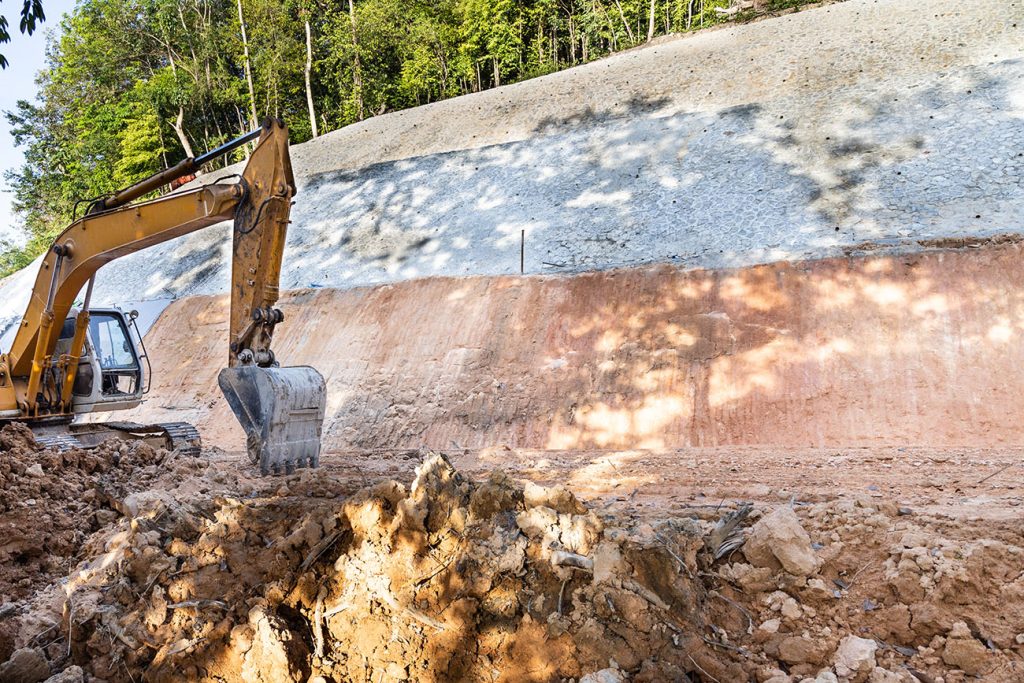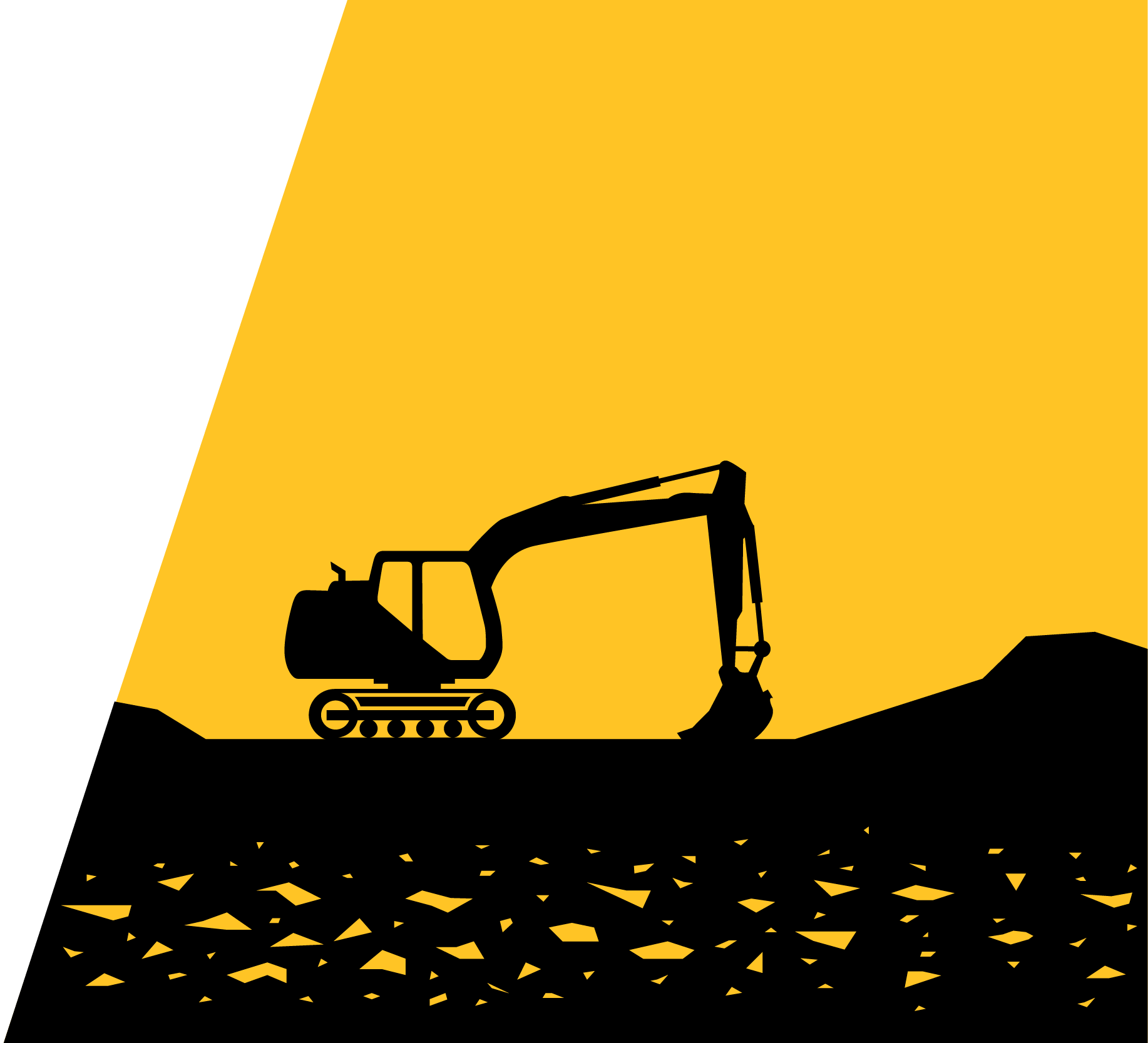Contaminated Soil Remediation: Expertise and Applications
Innovative Techniques for Reliable Earth Retention Systems
At Tri-State Drilling, we are committed to safeguarding the environment and public health through our contaminated soil remediation services. Our advanced techniques and expert team provide effective solutions for the removal and stabilization of contaminated soils, ensuring that your project meets regulatory standards and environmental goals. Whether dealing with industrial sites, brownfields, or accidental spills, our services deliver reliable and sustainable results.

Versatile Applications
Agricultural Land
Treat contaminated agricultural soils to protect crops, livestock, and water sources, ensuring a safe food supply.
Brownfield Redevelopment
Transform contaminated and underutilized lands into safe, productive sites ready for new construction and development.
Accidental Spills
Provide rapid response and remediation for accidental spills, minimizing environmental impact and restoring site safety.
Industrial Support
Remediate soils contaminated by industrial activities, ensuring compliance with environmental regulations and safe conditions for redevelopment.
Residential Developments
Clean up residential sites affected by contamination, providing safe living conditions and community well-being.
Advanced Techniques for Contaminated Soil Remediation
Our soil remediation process involves several steps to ensure thorough decontamination and stabilization of the affected area:
Typical Project Stages:
Site Assessment: We conduct comprehensive site assessments to identify the extent and type of contamination, allowing us to tailor remediation strategies based on specific contaminants and site conditions.
Soil Excavation: Using precise excavation techniques, we remove contaminated soil to prevent the spread of pollutants, making it suitable for industrial and commercial sites with heavily contaminated soils.
Soil Washing: Our soil washing techniques effectively separate contaminants from the soil, reducing pollutant concentrations, and are ideal for treating soils contaminated with heavy metals and hydrocarbons.
Stabilization and Solidification: We mix the contaminated soil with binding agents to immobilize pollutants and prevent leaching into groundwater, which is effective for soils with high concentrations of heavy metals and other hazardous substances.
Bioremediation: Employing biological agents such as bacteria and plants, we break down organic contaminants in the soil, providing an environmentally friendly option for soils contaminated with petroleum products and other organic pollutants.
Thermal Treatment: Applying heat to contaminated soil, we volatilize and remove organic contaminants, making this method suitable for soils contaminated with volatile and semi-volatile organic compounds (VOCs and SVOCs).

Key Benefits
Comprehensive Solutions
Tailored strategies to address a wide range of soil contaminants and site conditions.
Regulatory Compliance
Ensure your project meets local, state, and federal environmental regulations.
Sustainability
Environmentally friendly techniques that minimize impact and promote long-term site health.
Safety
Protect public health and the environment by effectively removing hazardous contaminants.
Efficiency
Rapid and thorough remediation processes that reduce project timelines and costs.
Innovative Solutions for Earth Retention Systems
At Tri-State Drilling, we prioritize quality and safety in all our remediation projects. Our experienced crews utilize state-of-the-art equipment and adhere to strict quality control measures to ensure effective and consistent results. We conduct rigorous testing and monitoring throughout the remediation process to guarantee the safety and integrity of the site.
With our extensive expertise in contaminated soil remediation, Tri-State Drilling provides reliable and tailored solutions to protect the environment and ensure the success of your project. Discover the effectiveness and precision of our remediation services and secure your site with Tri-State Drilling.
